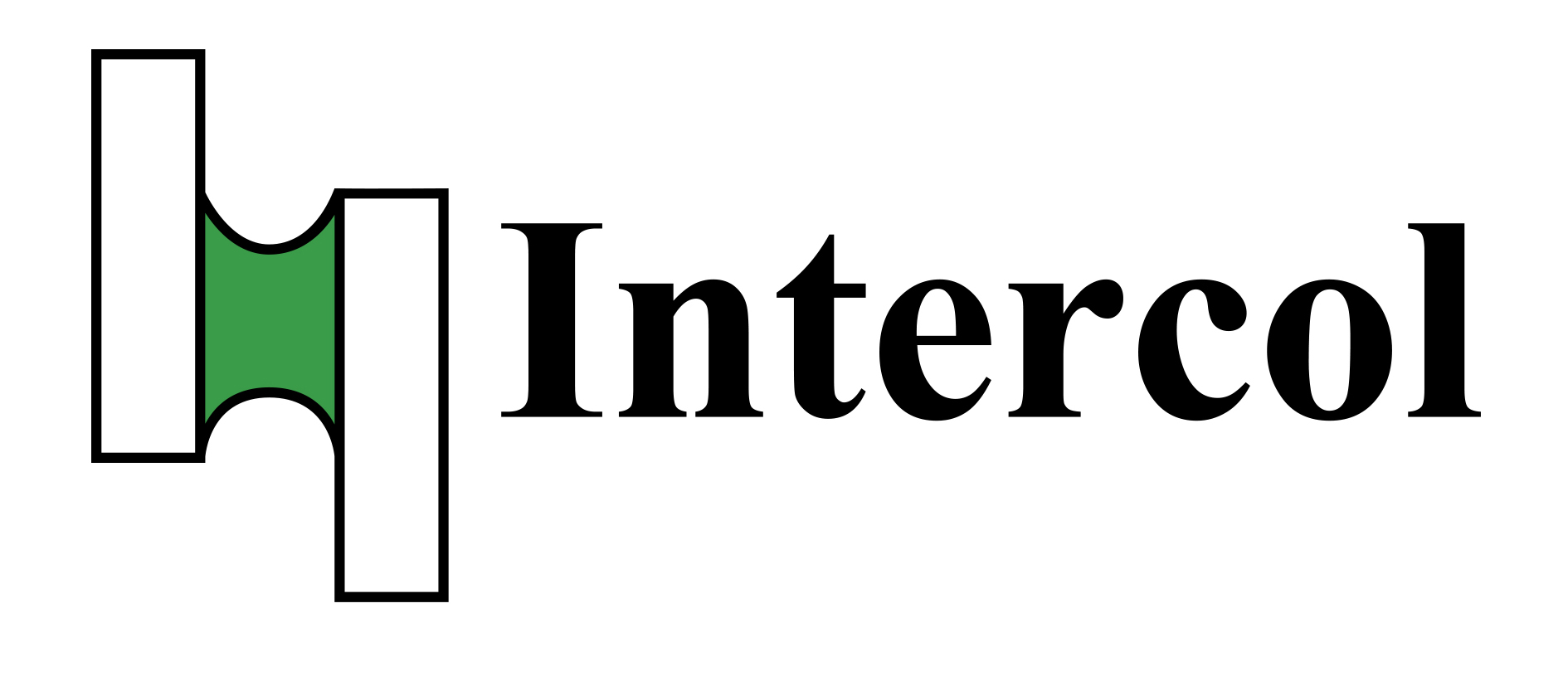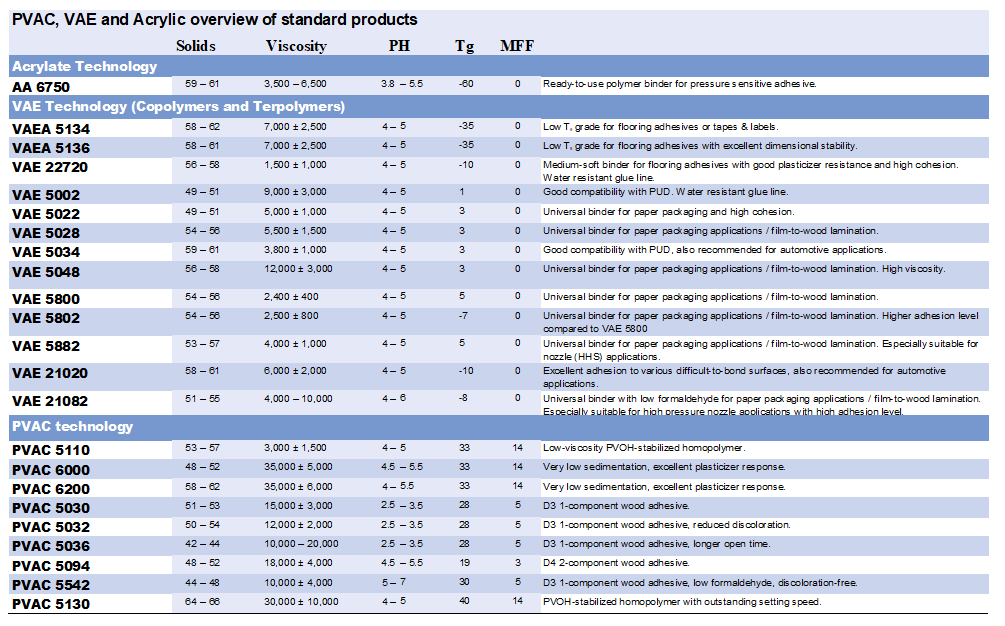PVAC (Polyvinyl Acetate) adhesives, also known as white glue or school glue, are a type of synthetic polymer adhesive made from polyvinyl acetate polymer and other ingredients. They are commonly used in household and industrial applications, such as woodworking, papercraft, and the manufacture of consumer products. PVAC adhesives are known for their strong bonding properties, quick drying time, and low cost. They are also non-toxic and safe for use with food items. The exact formulation of PVAC adhesives can vary depending on the specific application and the manufacturer.
what is the difference between PVAC and VAE?
PVAC (Polyvinyl Acetate) and VAE (Vinyl Acetate-Ethylene) are both types of synthetic polymers used in adhesives, but they have different properties and applications.
PVAC, also known as white glue or school glue, is a water-based adhesive that is commonly used in household and industrial applications. It is known for its strong bonding properties, quick drying time, and low cost.
VAE, on the other hand, is a copolymer made by polymerizing vinyl acetate and ethylene. It is often used in applications that require stronger, more flexible, and more durable bonds. VAE is commonly used in construction and flooring adhesives, as well as in the production of coatings and sealants.
In summary, the main difference between PVAC and VAE is their properties and applications. PVAC is a water-based adhesive with strong bonding properties, quick drying time, and low cost, while VAE is a copolymer with stronger, more flexible, and more durable bonding properties, commonly used in construction and flooring adhesives, as well as coatings and sealants.
VAE is also known as internally plasticized (By ethylene) PVAC with plasticizer could simulate similar properties but the compound may not be durable.

